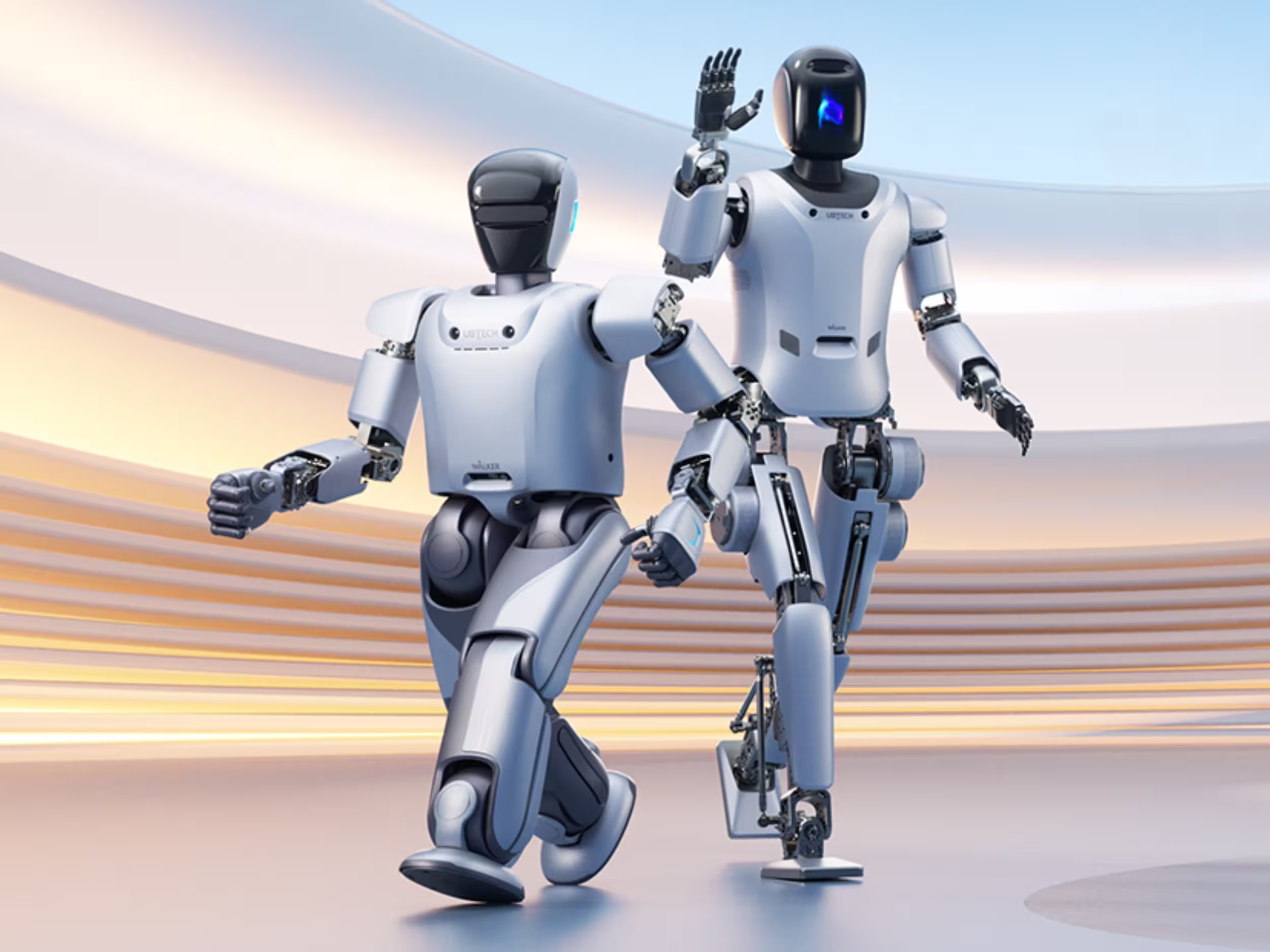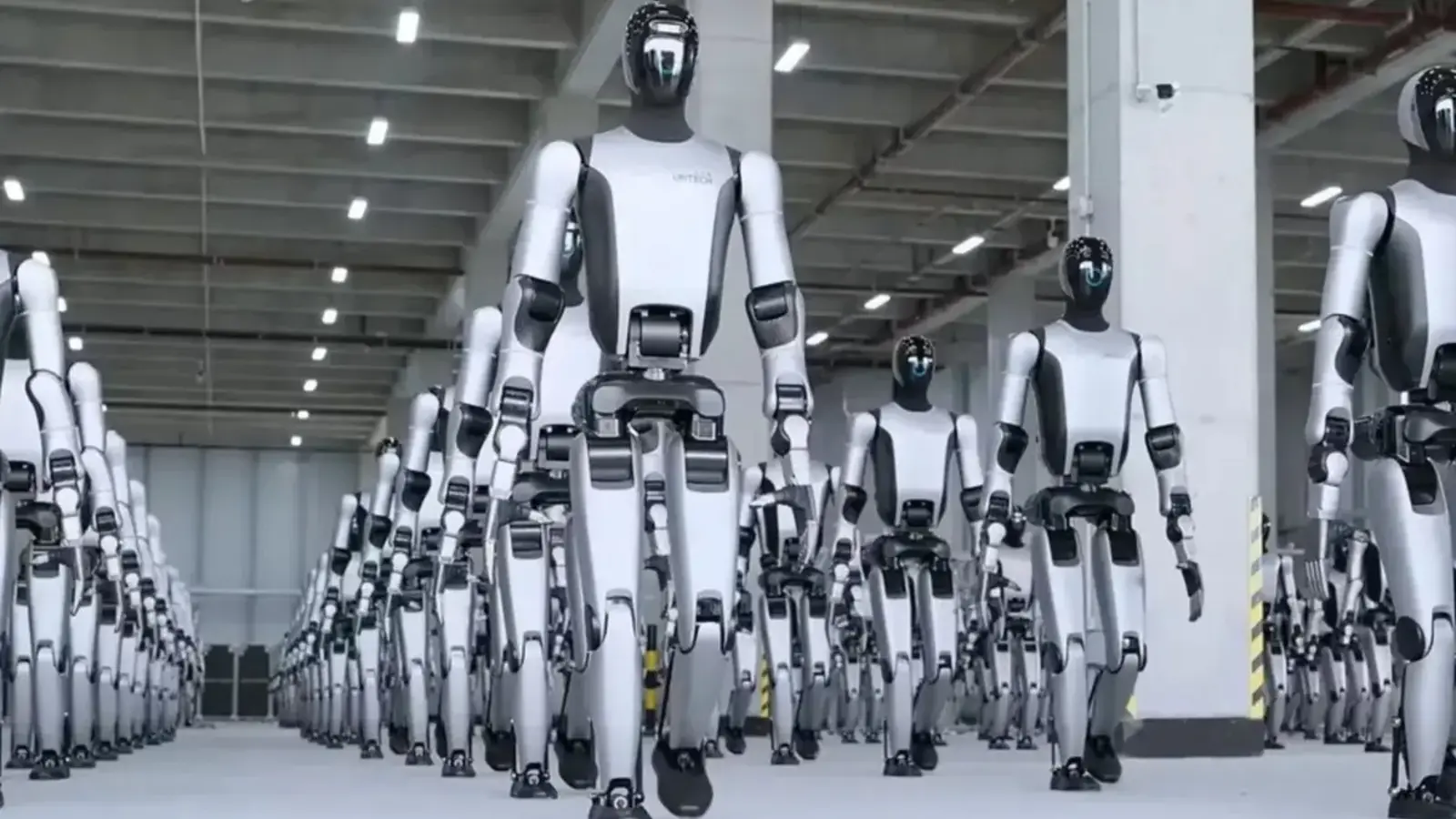3 Minutes
Imagine factory floors where humanoid machines walk, lift and keep production running around the clock. UBTECH has just shipped hundreds of its Walker S2 humanoid robots to active industrial sites in Shenzhen, a move the company calls the first large-scale delivery of humanoid robots in the world.
First real-world rollouts: Walker S2 arrives on production lines
UBTECH confirmed that production ramped up in mid-November and the initial shipments of Walker S2 robots—designed to mimic human motion and handle assembly tasks—have reached partners struggling with labor shortages. The company says demand is high from groups seeking to automate tasks that traditionally require standing workers, and it has already received roughly 800 million yuan (about $113 million) in confirmed orders this year.
Automakers and electronics giants lead adoption
Car manufacturers are the primary drivers of demand. Firms including BYD, Geely, FAW, Volkswagen and Dongfeng have signed contracts to deploy these humanoid assistants. Foxconn is also integrating the robots to support logistics tasks. Early trials show the machines perform reliably in real factory and warehouse environments—not just in controlled labs—bringing the promise of stable, 24/7 operations with reduced need for constant human oversight.

Battery swap: the feature that unlocks nonstop operation
UBTECH highlights the robot’s battery system as its standout capability. Walker S2 can autonomously remove a spent battery and install a fresh one in minutes, without human intervention. That quick swap minimizes downtime and enables longer shifts involving continuous walking and repetitive lifting—one of the key factors that makes true around-the-clock automation practical.
Market effects: sales surge and improving finances
Recent visits to UBTECH facilities show humanoid robots now account for about 30% of the company’s sales, up from 10% a year earlier—evidence that demand is driven by real operational needs rather than short-term hype. UBTECH plans to deliver 500 Walker units by the end of December and says it is on track to meet that goal.
Financially, UBTECH reported revenue of 621 million yuan in the first half of 2025 (a 27.5% year-over-year increase), gross profit of 217 million yuan (up 17.3%), and a reduced net loss of 440 million yuan (an 18.5% decline). After debuting on the Hong Kong stock exchange in 2023 as the first publicly listed robotics company from China, UBTECH’s recent progress strengthens its position in the global robotics race.
As manufacturers and logistics firms scale pilots into full deployments, the spread of humanoid robots like Walker S2 could reshape factory staffing models—and fast battery swaps may be the simple technical innovation that makes continuous, unsupervised operation viable.


Leave a Comment